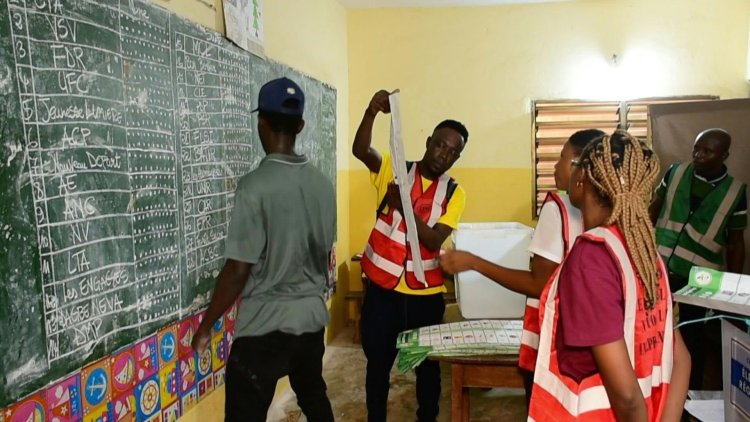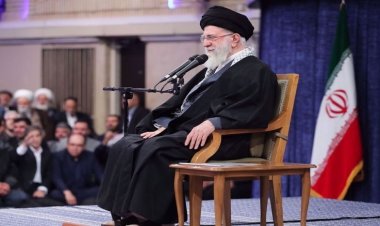Togo's Legislative Vote

Togolese voted in legislative elections after a divisive constitutional reform that opponents say allows President Faure Gnassingbe to extend his family's decades-long grip on power.
Polls closed and voting centers began the counting soon after. The "tendency of initial results" could be released later, according to a statement by the electoral commission.
The ballot came after lawmakers this month approved the reform creating a new prime minister-style post opponents believe is tailored for Gnassingbe to avoid presidential term limits and stay in office.
In power for nearly 20 years, Gnassingbe succeeded his father Gnassingbe Eyadema, who ruled for almost four decades in the small coastal West African state wedged between Benin and Ghana.
Turnout at polling stations in the capital appeared low, but the streets were calm and there were no incidents reported.
That vote elects 113 lawmakers and also for the first time 179 regional deputies from the country's five districts who along with municipal councilors will elect a newly created Senate.
For Gnassingbe's ruling UNIR party this makes Togo more representative, but opposition parties have mobilized supporters to vote against what they say is an "institutional coup".
With a population of nearly nine million, more than half under the age of 25, Togo's economy is mainly agrarian. But Lome has one of the busiest deep sea ports in West Africa, helping Togo weather the fallout of the Ukraine war and the pandemic.
The government has built infrastructure and expanded access to electricity, but poverty levels are still around 40 percent, according to the World Bank.
Like its Gulf of Guinea neighbors, Togo also faces a risk of spillover from jihadist conflicts to the north in the Sahel. Officials reported 30 deaths from "terrorist" incidents in the country's north last year.















